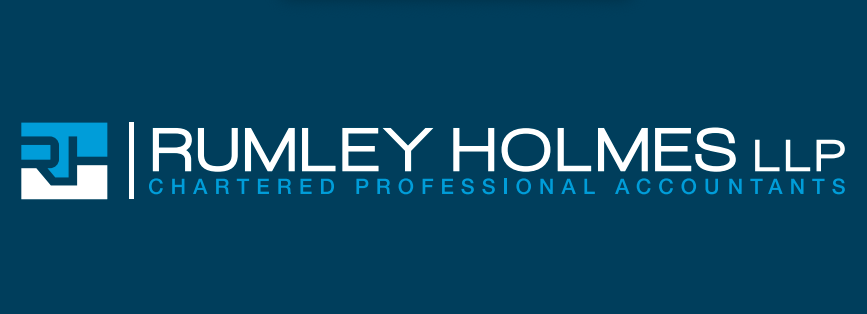6 Cash Management Tips To Increase Profits
Lets Get Started
6 Cash Management Tips To Increase Profits
AUTHOR:
Working on cash flow management to move a business from operating in the red to operating in the black can be an uphill battle for many companies. The good news is it doesn’t have to be a battle at all. There is a solution to simple cash flow management to increase profits and avoid cash shortfalls. Here are 6 tips to help you manage your cash flow.
1 – Budget to do Better Than Breakeven
Knowing your breakeven point is important, but why work just to pay bills and have no profits? Planning to do better than breaking even is what makes profits possible. Turning your budget into an income planning target that can send profits to the bottom line only takes adding line items for savings and future anticipated expenses to the budget. Under-estimating the amount of income you need to be profitable is a costly mistake.
2 – Cut Discretionary Spending
All businesses waste money at times. Stopping or controlling the waste so profits can get to the bottom line is a good tactic. Waste is spending on what is wanted, but not necessarily needed. Some of the places to look for wasteful over-spending are in the categories of office supplies, travel, meals, and entertainment.
3 – Stop over-spending on necessary Items
There are some items that are necessary but are never looked at as a place to cut costs. One example is auto insurance: as premiums rise the business owner often just accepts it and fails to shop around for less expensive rates for the same or better coverage. Over-spending on inventory purchases can be a profit reducer too. Buying so much inventory that some of it becomes stale-dated or unpopular based on newer trends can leave a company sitting on unsalable merchandise. Likewise buying inventory over and above your cash income budget allocation puts the company in a position of using credit debt, and that just creates another “bill” that pledges your future income to pay it off when that future income will be needed for other bills like payroll or utilities.
4 – Collect Receivables As Fast As Possible
Account receivables that remain uncollected after the first 30 days of being due, become harder to collect as the weeks roll by. That means you risk losing the profits more and more as the days roll by. Put financial policies in place to raise your collection rates on receivables, and don’t hesitate to use a good collection company that charges a fair price for collecting payments for you and doesn’t burn the bridge between you and your clients.
5 – Do Your Income Planning on a Weekly Basis
One of the primary purposes of building a budget to do better than just breaking even is to get an accurate Income Planning Target. The budget tells you how much income you have to bring in. Income planning is working out who is going to sell what to bring in the necessary sales each week. Doing this on a weekly basis is best. Everyone tends to freeze up when the target seems like it is an unrealistic reach.
6 – Stash Away Cash Reserves
There are times when your small business will experience cash shortfalls such as emergencies, or unexpected legal needs. In reference back to number 1 above, it is smart to budget for these items just like you would budget for any other regular “bill” that has to be paid. Stashing small amounts of cash on a weekly basis is relatively painless and gives you a cushion of cash to fall back on, and safeguards the company’s profitability.
This guest post was written by Aaron Rumley of Rumley Holmes LLP.






